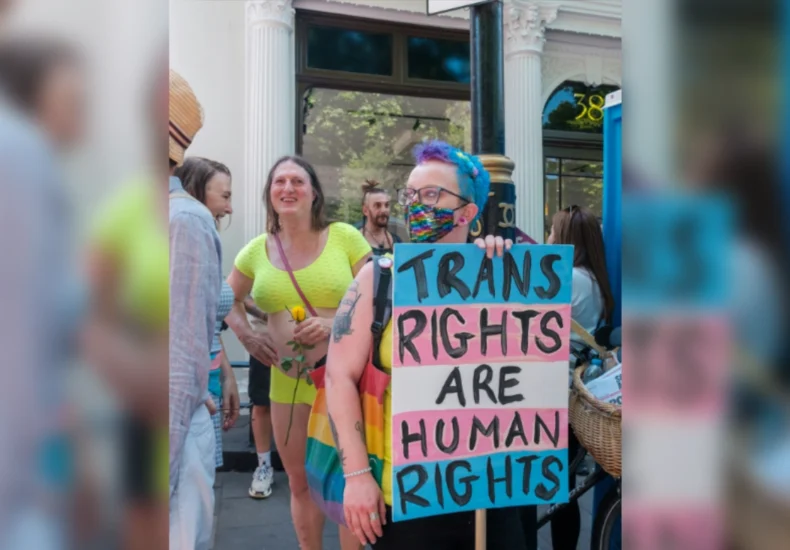
The UK Supreme Court Ruling: A Step Backward for Transgender Rights
UK court's 4/16/25 ruling defining «sex» as biological at birth in For Women Scotland case alarms rights groups (HRW, BMA). Trans/intersex access limited; gender recognition undermined. Equality threatened, reform urged.
The Implications of the Supreme Court Ruling
On 16 April, 2025, the UK Supreme Court issued a ruling in the case of For Women Scotland v. The Scottish Ministers that has raised alarms among human rights advocates. The court’s decision to define «sex» in law as the biological sex assigned at birth poses significant threats to transgender rights. Despite progress since the introduction of gender recognition certificates in 2005, this ruling undermines the validity of these certificates, effectively forcing transgender individuals to conform to sex-segregated facilities based on their birth-assigned sex.
Concerns Raised by Organisations
Human Rights Watch has decried the judgment as «severely regressive», calling attention to its detrimental impact on the safety and dignity of transgender people. The court’s decision dismisses the principles of inclusivity by prohibiting those with legal gender recognition from accessing single-sex spaces that align with their true gender identity. This ruling not only affects transgender individuals but also intersex people, whose identities often challenge traditional definitions of sex.
Calls for Reform and Global Context
The British Medical Association has echoed the concerns surrounding the ruling, describing it as reductive and biologically nonsensical. With international bodies like the UN Human Rights Committee emphasising the necessity of legal recognition of gender identity, the UK’s position as a leader in LGBTQ rights is now jeopardised. Human Rights Watch urges Parliament to amend the Equalities Act to ensure robust protections for transgender individuals, lamenting the ruling’s broader implications for equality and dignity.







